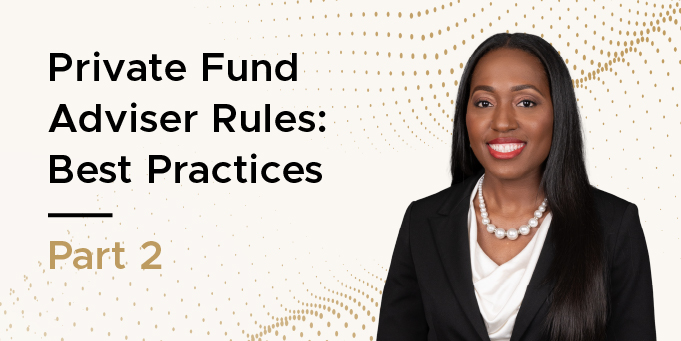
Trends Watch: Slow Growth and Headwinds
- Published
- Nov 14, 2019
- Share
EisnerAmper’s Trends Watch is a weekly entry to our Alternative Investments Intelligence blog, featuring the views and insights of executives from alternative investment firms. If you’re interested in being featured, please contact Elana Margulies-Snyderman.
This week, Elana talks with Andy Redleaf, Principal, Park Financial Group.
What is your outlook for alternative investments?
There are significant headwinds for the industry. Generally speaking, excess returns come from concentrated portfolios, leverage and turnover pricing, which have recently been challenged. As an example, consider private equity, which is every institution’s favorite asset class and historically generated returns everyone liked. Now, it is a trifecta and sponsors are paying materially higher prices, they are employing substantially less leverage and their holding periods are longer, therefore their returns have to be lower. However, the good news is if institutions get a flat return on their private equity mandates, it won’t cause a cascade of forced sales.
What is your outlook for the economy?
I think over the very extended period, meaning 10 or even 20 years, the potential for the economy is much less than it used to be. It’s in a steady state with very slow growth and a recession next year reasonably likely. However, the bigger, more pressing question is how much slower growth is going to be over the next extended cycle. What is driving that is very low interest rates which hurt the economy post-financial crisis. And for as long as they are in place, they will continue to hurt the economy’s potential. While headline rates are very low, relatively few number of entities can access them. Most of the governments globally and most companies in the S&P 500 can, but a lot of businesses are started on credit cards and those rates haven’t come down at all.
I was the founder of alternative asset manager Whitebox Advisors, and the kind of companies we would fund, for example, the rates that would be accessible to them have not come down at all and, in fact, are less accessible than they were pre-crisis. One of the things low interest rates were supposed to do was to pump up asset prices and create a wealth effect to make people feel wealthier. However, I think now there is a reverse wealth effect because people think about their income in a passive low-risk portfolio which has gone down faster than the asset price has gone up and therefore, they now think of themselves as poor.
What keeps you up at night?
As far as the financial markets are concerned, I sleep pretty well. I don’t see anywhere where forced liquidations cause cascading defaults. My concern is the possible social and political consequences of exuberant entitlement expectations colliding with very slow growth.
What's on Your Mind?
Start a conversation with Elana
Receive the latest business insights, analysis, and perspectives from EisnerAmper professionals.











